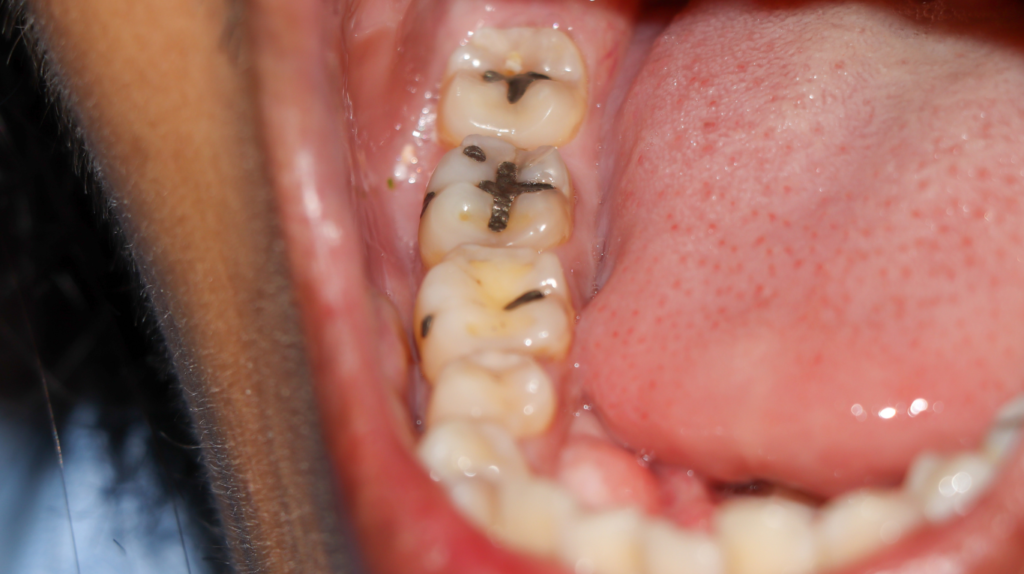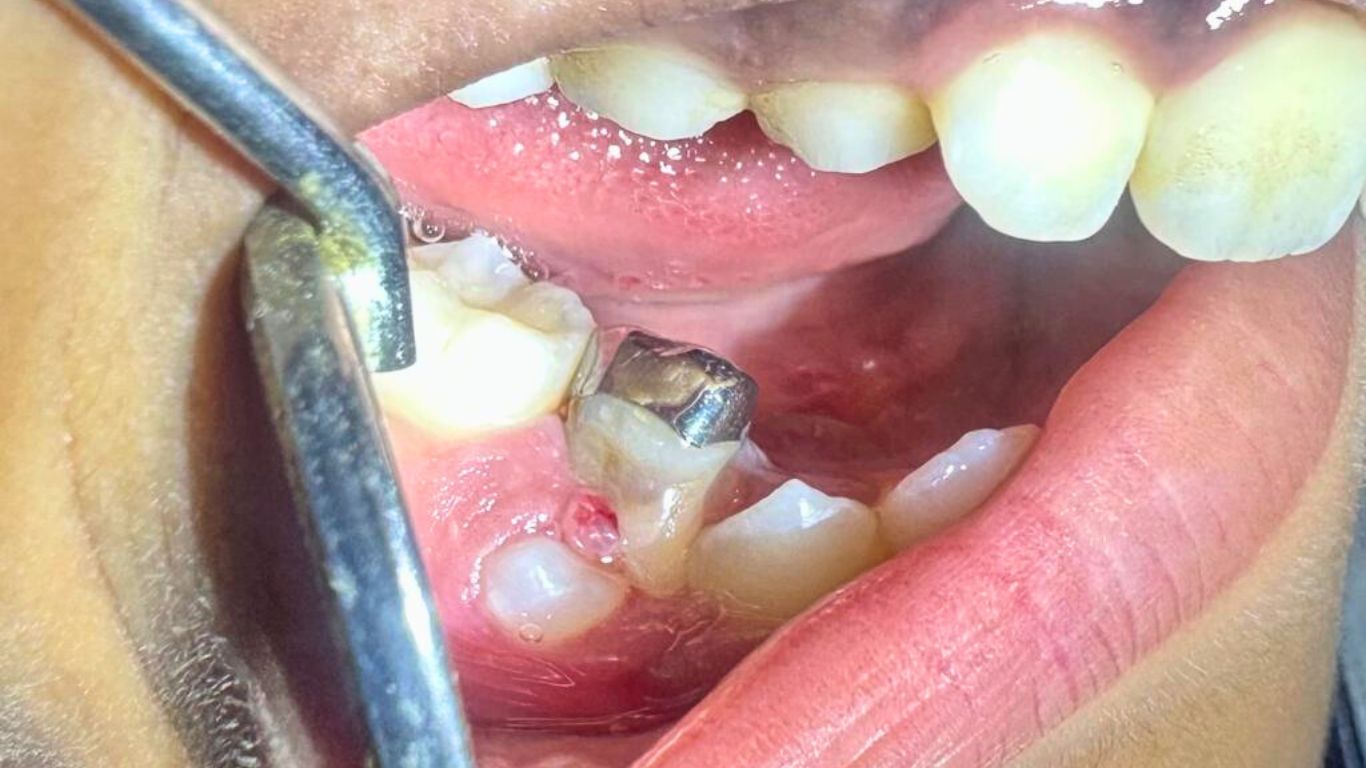Making Dental Visits a Cakewalk for Kids: Conscious Sedation (Laughing Gas) for Comfortable, Painless, and Safe Treatment

- smile4u_admin
- August 30, 2023
- 9:57 pm
- No Comments
Every parent knows the importance of taking their child to the dentist regularly, but the experience can be daunting for both kids and adults. At Smile 4U Dental Clinic, we understand these concerns, and that’s why we offer a unique solution that turns dental visits into a breeze of laughter and smiles for your children.
Our Strategy? Conscious sedation with laughing gas, scientifically known as nitrous oxide.
This blog will help you explore how conscious sedation with laughing gas at Smile 4U Dental Clinic can provide your child with comfortable, painless, and safe dental treatment.
The Importance of Positive Dental Experiences for Kids.
Before diving into how conscious sedation can help, let’s emphasise why ensuring positive dental experiences for children is crucial. Unpleasant childhood dental experiences can lead to dental anxiety, avoidance of dental care, and potential oral health issues down the road. That’s where conscious sedation comes in, specifically, laughing gas.
What is Conscious Sedation?
Conscious sedation is a technique used to relax and calm children during dental procedures without putting them to sleep. It allows children to remain awake and responsive while ensuring minimal pain and anxiety. Laughing gas, or nitrous oxide as a conscious sedation, is popular for children’s dental treatment due to its gentle and effective nature. Laughing gas, or nitrous oxide (N2O), is a colorless and odorless gas that has been safely used in dentistry for generations.
The Benefits of Laughing Gas for Children.
- Anxiety Reduction: Dental anxiety is common in children. Nitrous oxide helps ease their fears and apprehensions, making them feel more relaxed and comfortable throughout the procedure.
- Painless Procedures: Laughing gas reduces the perception of pain. Children can undergo treatments with minimal discomfort.
- Quick Onset and Offset: Nitrous oxide starts working within minutes and wears off just as swiftly once the treatment is complete. It means kids can return to their normal activities without lingering drowsiness.
- Safety First: Nitrous oxide is considered safe for children when administered by our expert child dentist, Dr. Warisha Sajid. Its effects can be monitored and adjusted as needed during the procedure.
- Cooperation: Children under the influence of laughing gas are more likely to cooperate during the procedure, which means our skilled dentists can work efficiently and effectively.
- Positive Associations: With the help of conscious sedation, children are more likely to associate dental visits with comfort rather than fear. This sets the good experience for a lifetime of better oral health practices.
Why choose The Smile 4u Family Dental Clinic for Conscious Sedation?
At Smile 4U Dental Clinic, we prioritise the well-being and comfort of your child above all else. We recognize that a positive dental experience during childhood can set the good experience for a lifetime of good oral health habits. That’s why we offer conscious sedation with laughing gas as part of our comprehensive paediatric dental care.
Safety First at Smile 4U
As a parent, we understand that your child’s safety is your top priority. At Smile 4U Dental Clinic, safety is our top priority, too. Here’s how we ensure safe, conscious sedation:
- Expertise: Our paediatric dentists are highly trained and experienced in administering conscious sedation with laughing gas. They will customise the dosage for your child’s specific needs.
- Monitoring: We closely monitor your child’s vital signs during the procedure to ensure their safety and well-being throughout the sedation process.
- Parental Presence: In some cases, parents may be allowed to be present during the sedation process to offer comfort and reassurance to their child.
Parental Peace of Mind
For parents, ensuring the well-being of their children is of the utmost importance. Conscious sedation, especially in the form of laughing gas, is a game-changer in children’s dental treatment. Sedation assisted treatment empowers parents to prioritise their child’s oral health without the worry and anxiety of untreated dental issues. Our use of conscious sedation with laughing gas, coupled with our experienced paediatric dentists, ensures just that. So, if you’re looking for the best dental treatment for your child, where smiles and laughter are as important as dental health, visit Smile 4U Dental Clinic today. Your child’s beautiful smile starts here!
Recent Posts
-
 Understanding Root Canal Therapy: Myths vs. Facts
Understanding Root Canal Therapy: Myths vs. Facts -
 Preventing Tooth Decay: Dos and Don'ts
Preventing Tooth Decay: Dos and Don'ts -
 The Importance of Regular Dental Check-ups
The Importance of Regular Dental Check-ups -
 Gum Disease: Understanding, Preventing, and Treating
Gum Disease: Understanding, Preventing, and Treating -
 Making Dental Visits a Cakewalk for Kids: Conscious Sedation (Laughing Gas) for Comfortable, Painless, and Safe Treatment
Making Dental Visits a Cakewalk for Kids: Conscious Sedation (Laughing Gas) for Comfortable, Painless, and Safe Treatment



